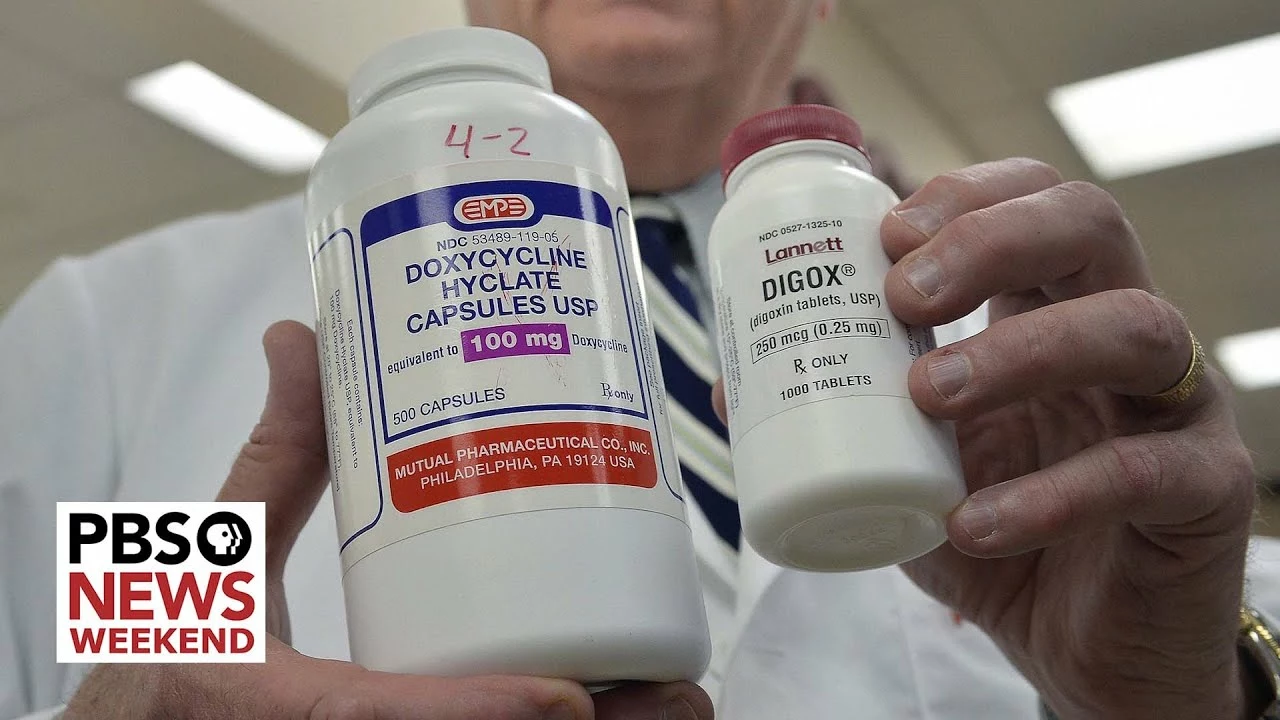Atazanavir: What It Does and How to Use It
Atazanavir (brand name Reyataz) is a once-daily HIV protease inhibitor used to keep viral load low and protect your immune system. People use it as part of combination therapy with other antiretrovirals. It’s popular because it often has a milder effect on cholesterol than older protease inhibitors, but it has its own quirks you should know about.
How atazanavir works, dosing, and monitoring
Atazanavir blocks the HIV protease enzyme, which stops the virus from making new infectious particles. The common adult dose is 300 mg once daily, usually taken with food to boost absorption. Many regimens include a booster—ritonavir or cobicistat—to raise blood levels and keep the drug effective.
Before starting, your provider will likely check baseline liver tests and bilirubin. Atazanavir commonly raises indirect bilirubin, which can cause yellowing of the skin or eyes without meaning serious liver damage. Still, liver function tests matter, especially if you have hepatitis or heavy alcohol use. Your doctor may also check ECGs if you have heart issues, since atazanavir can affect cardiac conduction in some people.
Common interactions, side effects, and buying tips
Key interactions are a big deal. Atazanavir needs stomach acid to be absorbed. Proton pump inhibitors (like omeprazole) can lower its levels—PPIs are generally discouraged unless your doctor adjusts doses. H2 blockers and antacids should be spaced out from atazanavir doses. Strong CYP3A4 inducers (rifampin, some seizure meds) can make atazanavir ineffective; many of those combos are unsafe.
Watch for these side effects: jaundice or yellow eyes (from higher bilirubin), nausea, headache, and stomach upset. Rarely, it can affect heart rhythm or worsen existing liver problems. If you notice dark urine, severe abdominal pain, or new numbness and weakness, contact a clinician right away.
Thinking about buying atazanavir online? Always use a licensed pharmacy and require a prescription. Check that the site lists a real address and phone number, and look for pharmacy accreditation. Generic atazanavir is available in many countries and can be much cheaper, but don’t chase prices that seem unreal—extreme discounts can mean counterfeit or unsafe meds. If you’re using other HIV meds like tenofovir, inform the pharmacist and doctor—some combos need dose changes or boosting.
If you’re pregnant, planning pregnancy, or have liver disease, talk to your HIV specialist first. Pregnancy can change drug levels and choices, so your provider will pick the safest, most effective plan. For day-to-day, take atazanavir with food, keep a list of all your drugs and supplements, and get regular blood tests as advised. That keeps treatment working and side effects manageable.
Need more on buying options, price checks, or related meds? Browse the tag for trust guides, buyer tips, and alternatives to help you find safe, affordable choices.
